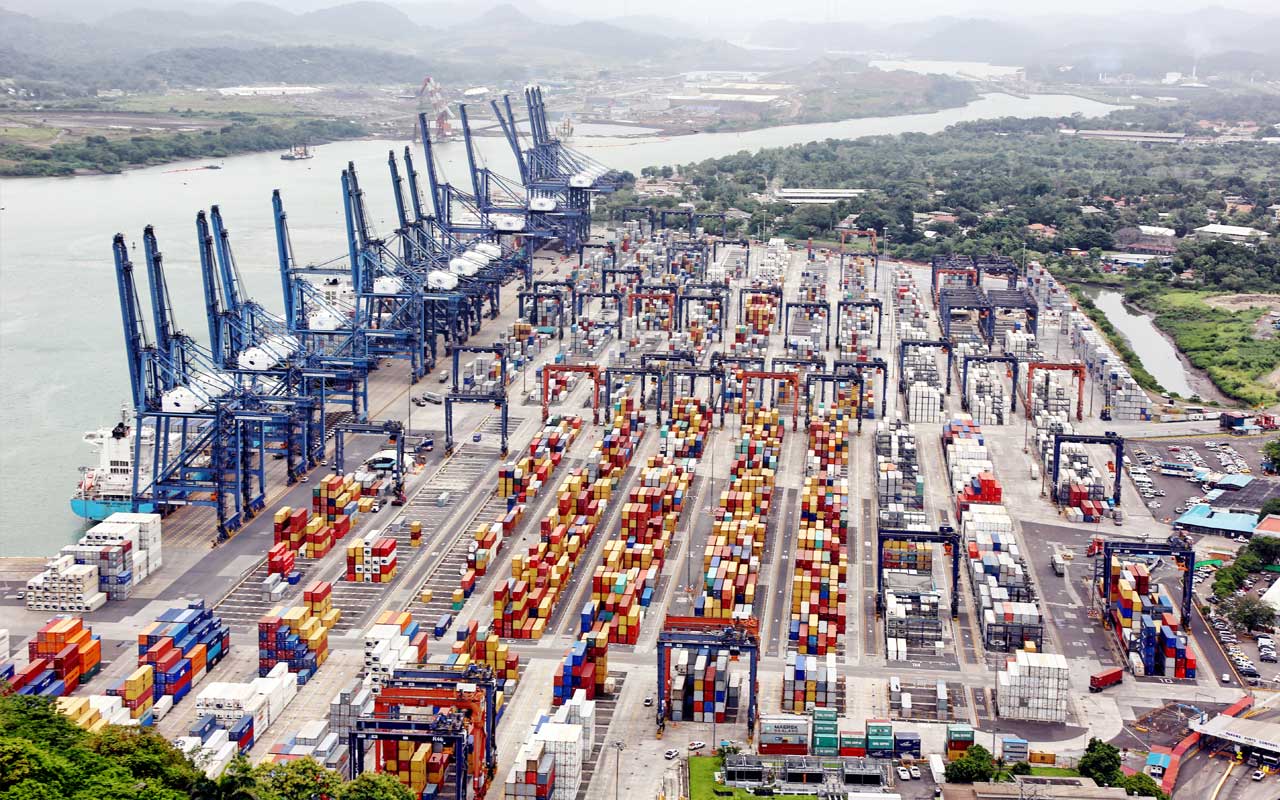Building specialized docks for the auxiliary marine industry and increasing the capacity to deliver quickly by air are some of the challenges that Panama will face in the coming years.
The Panamanian economy depends heavily on the logistics sector, but currently faces new challenges because of the increasing competition from other regional players who offer better costs in managing cargo on a large scale.
For the president of the Panama Maritime Chamber, Nicolas Vukelja, “… one of the main challenges of the auxiliary maritime industry is to have enough access to the sea. The Panama Maritime Authority (AMP) has granted more than 500 operating licenses for different auxiliary maritime services, but most are provided to ships anchored in ports. And to serve ships that are not in dock, the boats must leave private marinas, because there is no specialized dock, and that has generated a high cost in the service.”
Vukelja explained to Martesfinanciero.com that “… an hour by boat can cost between 150 and 350 dollars. Access to the sea is required for the auxiliary maritime industry, that the government finishes building the pier for this service on the Amador roadway, which is approximately 40% advanced to have access to a cheaper and faster infrastructure. A similar dock in the Atlantic is also required. In Cristobal it has not yet been defined in which area the service will be given.”
Official figures specify that the growth of the movement of maritime cargo in Panama slowed last year, because after recording a 10% increase between 2016 and 2017, in 2018 grew just 2% over the previous year.
Another area to be developed in the country is air cargo management, which is lower compared to maritime, but with the increase in electronic commerce is expected to grow in the coming years.
Luis Felipe de Oliveira, director of the Latin American and Caribbean Air Transport Association (ALTA), said weeks ago that “… because of continued growth in online purchases, air cargo service has become a critical means of transport and the growth of e-commerce in the future will increase the demand for air cargo, which is a business opportunity for airlines.”
See Martesfinanciero.com articles “Auxiliary maritime industry sails against the counterflow” and “The new economic cargo flight” (in Spanish).
